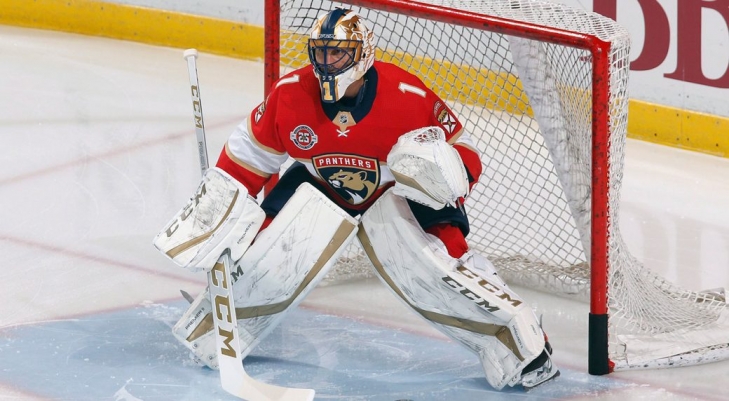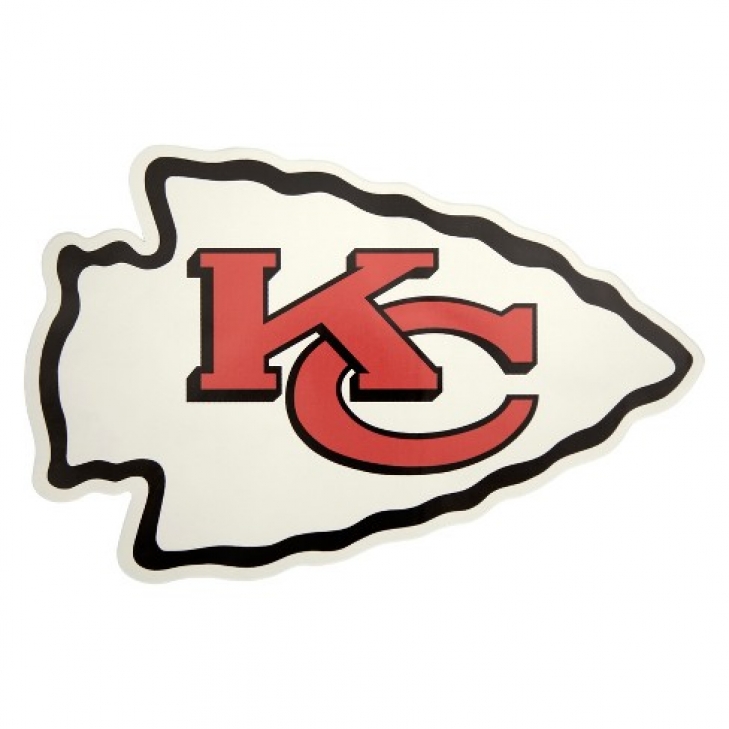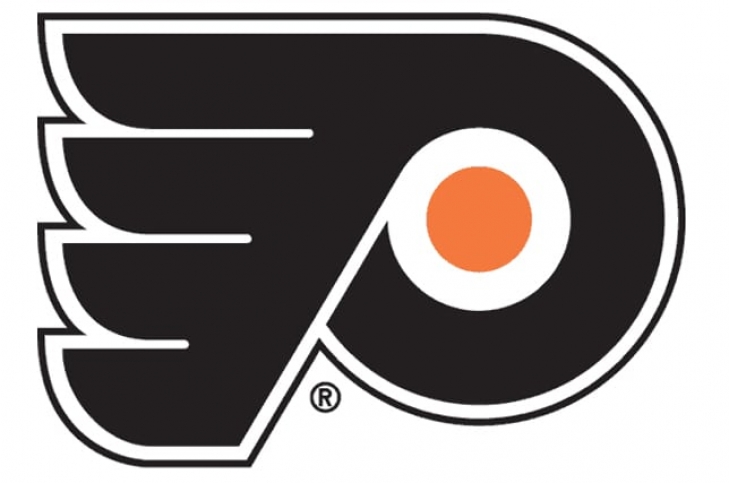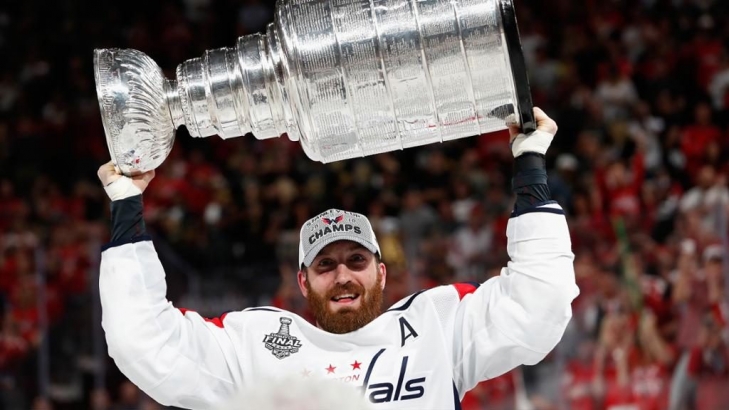
Committee Chairman
Roberto Luongo Retires
A major retirement has just taken place in the world of hockey as Florida Panthers’ Roberto Luongo has announced that he is hanging up the goalie equipment.
Luongo was the 4thoverall pick in 1997 by the New York Islanders but his stay in New York would be a short one. He had a mediocre rookie season (1999-2000) and after the Isles selected fellow goalie, Rick DiPietro 1stoverall in 2000 and along with Olli Jokinen he was dispatched to the Florida Panthers in what is now considered a lopsided trade.
The native of Quebec would show steady improvement and in 2002/03 he would lead the NHL in Goalie Point Shares. The next season would be his true breakout year as he would finish first in Saves and Goalie Point Shares with a 2.43 Goals Against Average. He would be named to his first All-Star Game, finished third in Vezina Trophy voting and would also be chosen to be a Second Team All-Star. 2004 would be a great year for Luongo as he would backstop Canada to a win at the World Cup of Hockey. This was after he would win the World Hockey Championship, his second straight. The NHL was locked out in 2004/05 but he remained an elite Goalie when play resumed in 2005/06 and was again the leader in Saves.
Luongo was surprisingly traded to the Vancouver Canucks for the 2006/07 season and in the next five years he would finish in the top ten in Vezina Trophy voting with a second place and third place finish in 2006/07 and 2010/11 season respectively. In the former year, he was again a Second Team All-Star, the latter he was the William M. Jennings Trophy winner and would take the Canucks to the Stanley Cup Finals in 2011. He would notably be the starting Goalie for Vancouver’s 2010 Olympic Gold Medal win.
The butterfly style goalie would be traded back to the Florida Panthers in 2014 where he would finish his career and go to his fourth and fifth All-Star Game. He retires with 489 Wins (3rdOverall), 28,409 Saves (2ndOverall) and a 2.52 GAA.
Luongo is eligible for the Hockey Hall of Fame in 2022 and we will be adding his name to our hockey futures section soon. He has a first ballot Hall of Fame resume and he will be ranked very high on our list once eligible.
We here at Notinhalloffame.com would like to wish Roberto Luongo the best in his post-playing career.
Our Top 50 All-Time Kansas City Chiefs are now up
Yes, we know that this is taking a while!
As many of you know, we here at Notinhalloffame.com are slowly generating the 50 of each major North American sports team. We have a new one to unveil today, that of the Kansas City Chiefs who first came into the existence as the Dallas Texans as an original AFL Team. They would win it all in 1962, but relocated to Kansas City where they would win the title again in 1966. The Chiefs would later win Super Bowl IV, but while they have one of the most fervent fan bases, they have not won since.
As for all of our top 50 players in football we look at the following:
- Advanced Statistics.
- Traditional statistics and how they finished in the NFL.
- Playoff accomplishments.
- Their overall impact on the team and other intangibles not reflected in a stat sheet.
Remember, this is ONLY based on what a player does on that particular team and not what he accomplished elsewhere and also note that we have placed an increased importance on the first two categories.
This list is updated up until the end of the 2018 Season.
The complete list can be found here,but as always we announce our top five in this article. They are:
We will continue our adjustments on our existing lists and will continue developing our new lists. Look for the Top 50 Atlanta Braves next.
As always we thank you for your support.
Our Top 50 All-Time Philadelphia Flyers are now up
Yes, we know that this is taking a while!
As many of you know, we here at Notinhalloffame.com are slowly generating the 50 of each major North American sports team. We have a new one to unveil today, that of the Philadelphia Flyers who have won their conference eight times and would win the Stanley Cup twice. Those wins took place in the second in 1974 and 1975, making them the first expansion team to win it all.
As for all of our top 50 players in hockey we look at the following:
- Advanced Statistics.
- Traditional statistics and how they finished in the NHL.
- Playoff accomplishments.
- Their overall impact on the team and other intangibles not reflected in a stat sheet.
Remember, this is ONLY based on what a player does on that particular team and not what he accomplished elsewhere and also note that we have placed an increased importance on the first two categories.
This list is updated up until the end of the 2018-19 Season.
The complete list can be found here, but as always we announce our top five in this article. They are:
We will continue our adjustments on our existing lists and will continue developing our new lists. Look for the Top 50 Atlanta Braves next.
As always we thank you for your support.
Brooks Orpik Retires
We have another retirement in the world of sports to discuss as Washington Capitals Defenseman, Brooks Orpik has announced his retirement.
Born in San Francisco, Orpik would play at Boston College where in 2001 he would help the Eagles to the 2001 NCAA Championship. Orpik was a defensive stalwart, generally staying in his end of the ice and he took that set of skills to the Pittsburgh Penguins where he was drafted 18thOverall back in 2000. As a Penguin, he helped the team win the 2009 Stanley Cup. He would sign with the Washington Capitals before the 2014/15 season and he would again win the Stanley Cup, this time in 2018.
Orpik would suit up for the United States where he would twice compete in the Olympics, most notably winning the Silver Medal in the 2010 Games.
We will be adding Orpik to our 2022 futures in the upcoming months.
We here at Notinhalloffame.com would like to wish Brooks Orpik the best in his post-playing career.





